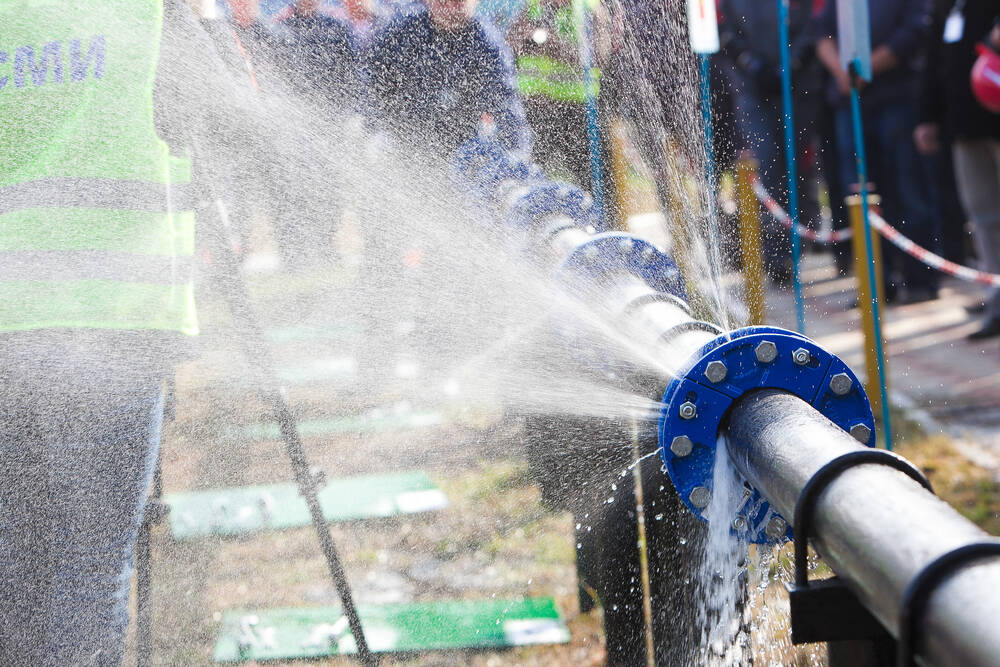
November 24, 2024 at 10:33AM
The Franklin project, launched at DEF CON, enlists hackers to enhance cybersecurity for six US water companies, addressing critical vulnerabilities. In partnership with the University of Chicago and the NRWA, volunteers will assess and improve security systems, aiming to bolster resilience against cyber threats targeting America’s critical infrastructure.
**Meeting Takeaways: Franklin Project for Water Security Initiative**
1. **Launch of the Franklin Project**: The initiative, named the Franklin Project, was introduced at DEF CON, aimed at enhancing the security of America’s critical infrastructure by engaging top hackers to identify and address vulnerabilities in computing systems.
2. **Partnerships Involved**: The project is a collaboration between the University of Chicago Harris School of Public Policy’s Cyber Policy Initiative (CPI) and the National Rural Water Association (NRWA).
3. **Targets**: Six water companies from Utah, Vermont, Indiana, and Oregon will have their computer systems assessed and fortified against cyber threats by skilled volunteers.
4. **Goals**: The project’s primary objectives include:
– Strengthening US resilience against online attacks on critical water infrastructure.
– Documenting findings and solutions in a yearly “Hacker’s Almanack” for educational purposes.
5. **Scope of Cybersecurity Concerns**: With approximately 50,000 water suppliers in the US, each using different IT systems, this initiative faces complexity compared to previous efforts addressing voting machine security.
6. **Volunteer Involvement**: A diverse group of volunteers with varying expertise will work closely with technical teams to enhance cybersecurity measures at the water companies.
7. **Potential Cyber Threats**: Given prior incursions from nations like China, Russia, and Iran into US critical infrastructure, the water sector remains a prominent potential target for cyberattacks.
8. **Public Awareness and Policy Support**: There is hope for increased public awareness and political support for cybersecurity in the water sector, emphasizing the need for safe drinking water.
9. **NRWA’s Role**: The NRWA, representing a vast network of small community water systems, is crucial in guiding cybersecurity assessments and strategies in rural America.
10. **Call to Action**: Continued efforts are needed to mobilize resources and expertise in addressing the cybersecurity risks faced by the water sector.
This meeting highlighted the urgent need to bolster cybersecurity within the water infrastructure, as well as the collaborative effort to bring skilled individuals to address these vulnerabilities effectively.